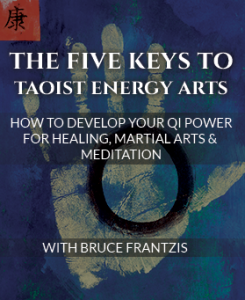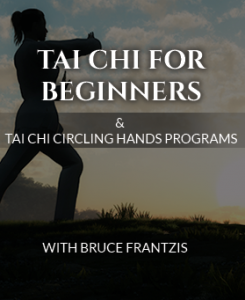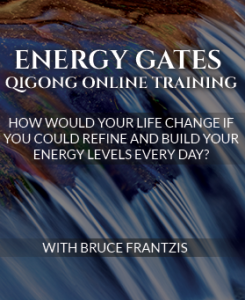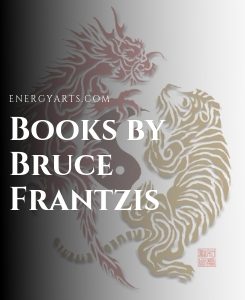Here are some reflections on how we learn.
Just as important as what we learn in the internal arts, which particular forms we study etc., is how we learn them. Though this is true of learning anything, the effects of the method of study are more apparent here than in many other disciplines. This is because internal practices affect every part of us, from the physical to the universal.
One way of looking at our practice is as a way of establishing and developing patterns of flow. Care must be taken both at the beginning, when establishing these patterns, and as we further develop them.
We say with computers, ‘rubbish in, rubbish out’. The same is true of any kind of information, using the word in its old sense of ‘that which forms and shapes from the inside’, not in the sense of ‘information superhighway,’ which is just about the movement of data. The quality of what we end up with is affected by how it enters the system. If we are learning something that patterns the nervous and energetic systems, which all nei gung does, then the way it goes in will be a part of what becomes established. If we are tense, agitated, straining, annoyed at ourselves for not learning faster or for not doing it perfectly, that tension, strain, agitation etc. will be patterned into our systems along with what we are learning.
Of course, it is possible to clear negative patterns out of the system, the internal arts do this very well. But it is much faster and more efficient not to pattern ourselves negatively in the first place, especially when doing a practice that is designed to do the opposite.
Being careful at the beginning is very rewarding later on.
When considering the development of pattern it is worth bearing in mind the Daoist saying—which is both an encouragement and a warning—that we become what we practise. If we regularly strain physically, emotionally, mentally etc. while practising, that habit will be ever more deeply embedded in our systems.
Fundamental to the Water Method is the letting go of negative habits and blockages; losing all those things that are not natural to us:
In pursuing learning one accumulates daily. In practising Dao one loses daily. Lose and lose until (you arrive) at not-doing Not-doing, yet nothing is not done. (Laozi 48)
The word I translate as ‘lose’ in this passage from Laozi is ‘sun’, which means ‘loss’ in the sense of diminishment, reduction, decrease.
It is derived from a word meaning ‘fall’ or ‘drop’. The loss that we practise, then, is a letting drop away. This is the method of arriving at not-doing or not-acting (wu wei), one of the essential goals of Daoist practice. Straining, on the other hand, works against such losing and not-doing. It is what the Laozi refers to as acting and grasping:
He who acts destroys it.
He who grasps fails to attain it.
Thus the sage wu wei (does not act) and thus does not destroy,
Does not grasp and thus does not fail to attain.
People often destroy their work when it is almost completed.
Proceed at the end as at the beginning and the work will not be destroyedThus the sage:
Desires no desires,
Does not value goods difficult to obtain, Studies not studying,
And returns to what others pass by. (Laozi 64)
Notice here the importance of ‘desiring no desires’. Desires are different forms of grasping things. Bruce often warns those who train with him to overcome their greed. The attempt to grasp more than their systems can comfortably accommodate leads to people failing to establish what they could have from the training, ‘he who grasps fails to attain it.’
Just as we must be careful at the beginning not to grasp at what we are learning, we must do the same as we develop our practice. This is the study of not studying.
Matthew Brewer has studied Tai Chi & related practices since 1994 and directly with Bruce since 1999. He is certified in five Energy Arts subjects and is a full time internal arts teacher. As well as regular open classes, he runs the Tai Chi for Chronic Pain service for the National Health Service throughout East Kent, England. He holds a PhD in Theology and Religious Studies from the University of Kent at Canterbury where he has been teaching part-time on the M.A. in Mysticism and Religious Experience and more recently on the MA in the Cultural Study of Cosmology and Divination on the subject of the I Ching and Chinese Philosophy.
Daoist Internal Arts
www.taichi.uk.com






0 Comments